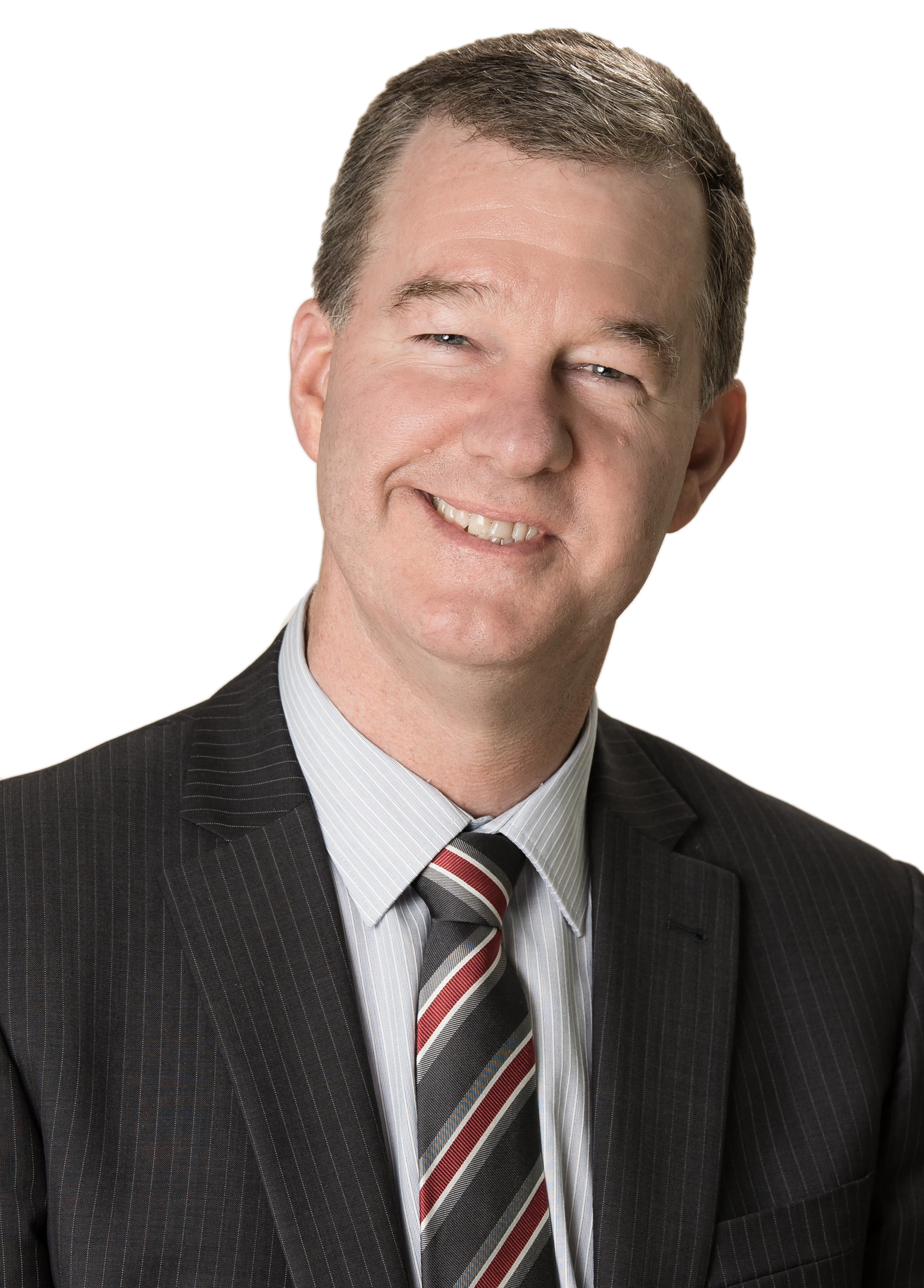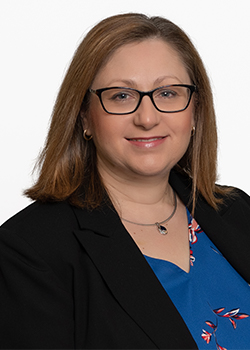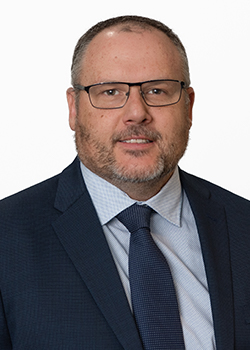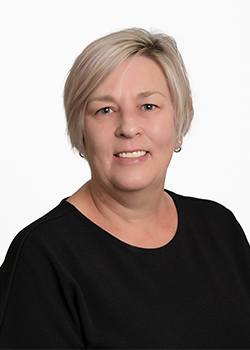Government targets fund expenditure, best interests in new super reforms

Last Thursday, Treasury released exposure draft legislation and explanatory materials for its Your Future, Your Super package for consultation, which provides further details on the measures it announced in the federal budget.
The explanatory materials state that the proposed legislation will amend the SIS Act to require each trustee of a registrable superannuation entity and each trustee of an SMSF to perform the trustee’s duties and exercise the trustee’s powers in the best financial interests of the beneficiaries.
While under the existing covenant, SMSF trustees are already required to perform their duties and exercise their powers in the best interests of the beneificiaries, the proposed amendments further clarity the existing best interests duty by referring specifically to best financial interests, the explanatory materials (EM) explains.
“Similar to the trustees of other APRA-regulated superannuation entities, SMSF trustees will be required to ensure that they are acting in the best financial interests of their beneficiaries,” the EM noted.
“As the obligations are part of the section 52B covenants, there is no penalty if a trustee of an SMSF contravenes the best financial interests duty. However, SMSF trustees found not acting in the best financial interests of the beneficiaries could be penalised under other regulatory provisions in the SIS Act such as section 62 for breaching the sole purpose test or section 65 for providing financial assistance to relatives or members.”
The EM also warns that SMSF trustees in breach of the covenants may also be considered not to be fit and proper to manage their SMSF and could be disqualified under section 126A of the SIS Act.
As with the existing best interests duty, the EM explains that the new best financial interests duty will continue to apply to an exercise of a trustee’s powers in making payments to third parties by, or on behalf of, the entity or fund.
“The amendments specifically clarify this as third-party payments tend to be particularly subject to abuse. These actions by a trustee must be in the best financial interests of beneficiaries,” it stated.
“The trustee should be able to produce evidence supporting its decision, and have oversight that monies paid are being used by third parties for the intended purpose.”
In order to meet this duty, the draft legislation states that trustees should conduct reasonable due diligence when assessing payments to a third party.
“If, after having conducted this reasonable due diligence, the trustee knows or ought reasonably to know that the payment to the third party is not in the best financial interests of beneficiaries, or there is a concern that they might not be, the trustee should not make the payment,” it noted.
“The use of an interposed corporate entity that a superannuation fund owns equity in to acquire services on behalf of the superannuation fund will not insulate the trustee from ensuring that the services that are ultimately provided to the fund are in the best financial interests of their beneficiaries.”
“Trustees cannot hide behind unjustifiable claims that they are ignorant of what they are purchasing. Trustees should reasonably know what they are purchasing, and such purchases should be in the best financial interests of beneficiaries.”
For trustees and directors of APRA-regulated funds, the draft legislation said the evidential burden of proof for the best financial interests duty will be reversed so that the onus is on the trustee and each director to adduce evidence to support the contention that the trustee or director performed their duties and exercised their powers in the best financial interests of the beneficiaries.
“The reversal of evidential burden is reasonable as a trustee should be readily able to point to evidence that they considered the likely financial impact on beneficiaries of a decision to make a payment to a third party and how such payment was in the best financial interests of beneficiaries,” it argued.
“For example, the trustee could adduce records showing the due diligence undertaken in respect of the payment and the relevant third party and other factors demonstrating that the payment was in the best financial interests of beneficiaries. Whereas it is difficult for the regulator to prove that the trustee failed to take certain matters into account in determining whether a decision or payment was in the best financial interests of beneficiaries.”
“Reversing the evidential burden will mean that if the trustee or director of a corporate trustee is able to adduce evidence or point to circumstances consistent with the proper discharge of its duties, the evidential burden is discharged and the regulator will then be required to prove on the balance of probabilities that the trustee or director of a corporate trustee did not perform their duties and exercise their powers in the best financial interests of the beneficiaries.”
The EM clarified that the evidential burden of proof is not reversed for trustees of SMSFs as there is no penalty for a contravention of the best financial interests duty.
“However, SMSF trustees found not acting in the best financial interests of the beneficiaries could be penalised under other regulatory provisions in the SIS Act,” it stated.
In addition to the draft legislation covering the amendments to best interests duty, the government also released exposure draft legislation for its single default account and underperformance measures, which were also announced in the budget.
The draft reforms for underperformance will require APRA to conduct an annual performance test for MySuper products and other products specified in regulations. Trustees will be required to give notice to members when a product fails the test. Where a product has failed the performance test in two consecutive years, the trustee is prohibited from accepting new beneficiaries into that product.
SMSFs and funds with fewer than five members have been excluded from the annual performance test under the draft legislation.
Miranda Brownlee
27 November 2020
smsfadviser.com







